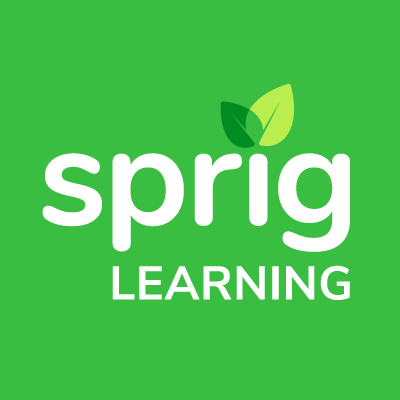The Department of Education Culture and Employment in Northwest Territories (NWT) is in the process of renewing its JK-12 school curriculum. After consulting with other provinces and Indigenous Governments and Educations, the following 5 themes were identified:
- The Importance of Indigenous Ways
- High-School Transitions
- Rigour in the Curriculum
- Accountability for Learning
- Key Learning for Life
Reflecting on the 5 themes, the emphasis on the continuous aspect of lifelong learning is clear. It begins early on, as early as junior kindergarten in NWT’s case. There is a greater momentum to include culturally responsive educational material, and abide by an evidence-based curriculum that considers all the important early learning milestones.
A holistic approach has an unique advantage, in that while it is inclusive by design, and supplements the existing curriculum.
2023-2024 Education Budget Announcement
The Northwest Territories Department of Education has pledged $10.3 million in new funds to improve access to childcare and early education.
It has also been announced that NT will pivot to BC’s curriculum by 2028. Agata Gutkowska, a cabinet spokesperson, says “With an emphasis on Indigenous knowledge and a focus on literacy and numeracy skills, we believe the B.C. curriculum will benefit N.W.T’s junior kindergarten (JK) to Grade 12 students.”
Holistic Early Learning
The Canada-wide Early Learning agreement reached between Canada and Northwest Territories calls for NT to commit to develop and fund a plan to educate diverse learners. This includes children needing enhanced or individual supports, Indigenous children, children of newcomers, official language minorities, etc.
NT also will monitor student progress as a part of its data sharing and reporting objective.
Mandatory kindergarten?
No
Early Childhood Education Announcement
Supporting Child Inclusion and Participation (SCIP) funding is a proposal-based funding program that will help NWT children be on track with their early childhood development through access and participation in early learning programs.
In particular, the program supports families and children with specific development needs and enhances early learning programs.
